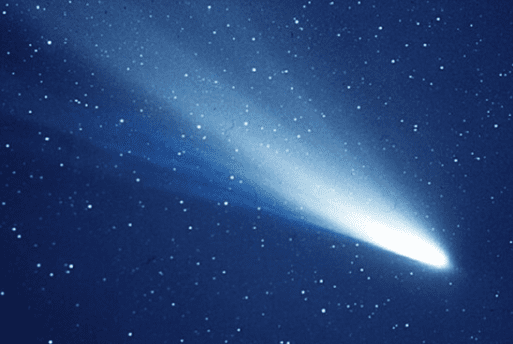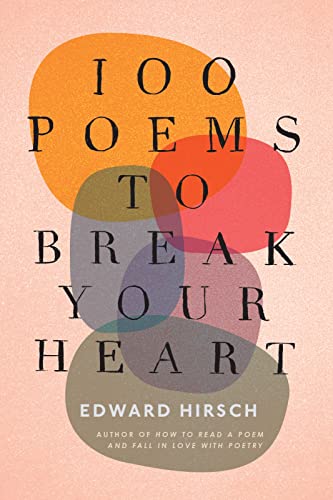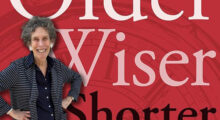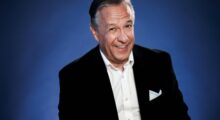
Halley’s Comet in 1986
Credit: NASA
Miss Murphy in first grade
wrote its name in chalk
across the board and told us
it was roaring down the storm-tracks
of the Milky Way at frightful speed
and if it wandered off its course
and smashed into the earth
there’d be no school tomorrow.
A red-bearded preacher from the hills
with a wild look in his eyes
stood in the public square
at the playground’s edge
proclaiming he was sent by God
to save every one of us,
even the little children.
In “Halley’s Comet,” Stanley Kunitz – who was 95 when he became the 10th Poet Laureate of the United States in 2000 – revisited his childhood. When he was 5 years old, Halley’s Comet passed near to Earth, prompting him to consider the potential for extinction, to soberly reflect on what was “probably the last meal [he’d] share with [his] mother and [his] sisters.”
Poet Edward Hirsch, who included the piece in his recent anthology, “100 Poems to Break Your Heart,” mused that its 1995 writing may have been inspired by Halley’s Comet’s return nine years prior. Kunitz “kept his childhood alive in himself – he was never far from those memories of a hardscrabble life in Worcester, Massachusetts – and obsessively pursued what he called ‘the theme of the lost father,’” Hirsch wrote.

Kunitz was haunted by the death of his father, who committed suicide by ingesting acid in a park shortly before his birth. In his poem “The Portrait,” he lamented the “long-lipped stranger / with a brave moustache / and deep brown level eyes,” an elusive character who appears in many other poems, including “Halley’s Comet.”
Look for me, Father, on the roof
of the red brick building
at the foot of Green Street –
that’s where we live, you know, on the top floor.
I’m the boy in the white flannel gown
sprawled on this coarse gravel bed
searching the starry sky,
waiting for the world to end.
The yearning for that relationship – one he’d been born just weeks too late for – mirrored the comet’s near-miss. The potential for extinction reflects the seemingly arbitrary nature of life and death. That theme was, after all, what drove much of Kunitz’s creativity.
“The deepest thing I know is that I am living and dying at once, and my conviction is to report that dialogue,” he said, according to his 2006 obituary in The Washington Post. “It is a rather terrifying thought that is at the root of much of my poetry.”

 “Halley’s Comet” by Stanley Kunitz
“Halley’s Comet” by Stanley Kunitz


 Octogenarian Author Jane Seskin Offers a Model for Aging and Living Well
Octogenarian Author Jane Seskin Offers a Model for Aging and Living Well

 Are “Rage Rooms” a Healthy Outlet for Grief and Burnout?
Are “Rage Rooms” a Healthy Outlet for Grief and Burnout?














